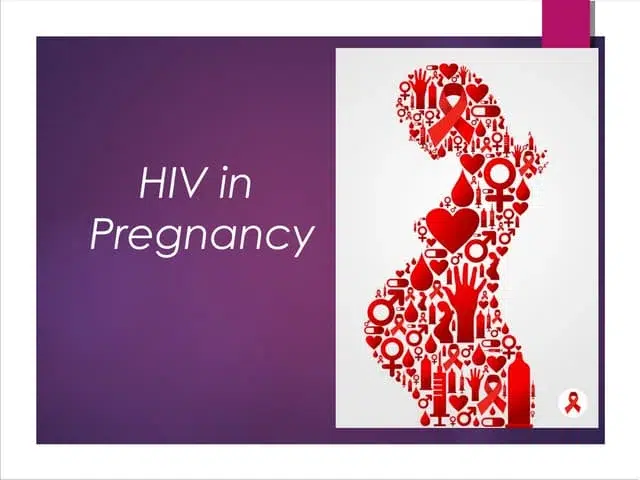HIV Pregnancy Options
Reproductive Health and HIV/AIDS: Making Well-Informed Decisions for Family Planning
A person with HIV/AIDS is no longer automatically unable to lead a healthy family life. People living with HIV can make decisions about their reproductive health, explore alternative family planning options, and have safe pregnancies with the right medical care and information. This blog post explores the relationship between HIV/AIDS and reproductive health, discussing fertility options, pregnancy considerations, and family planning alternatives.
Table of Contents

Family Planning for HIV/AIDS Patients
HIV Pregnancy Options
Individuals and couples living with HIV are able to make educated decisions regarding their reproductive health when they use effective family planning. Here are some important choices to think about:
- Condoms: The best way to stop HIV transmission and unplanned pregnancy is to use condoms. It’s critical to use condoms correctly and consistently.
- For most HIV-positive women: oral contraceptives—also known as birth control pills—are generally safe and effective. But talk to your doctor about any possible interactions with certain antiviral drugs.
- Long-Acting Reversible Contraception (LARCs): For some HIV-positive individuals, intrauterine devices (IUDs) and implants provide long-term, extremely effective contraception.
- Natural Family Planning Techniques: While methods such as fertility tracking are applicable, they necessitate close observation and might not be suitable for all individuals.
- Important Note: Based on each person’s unique health status and medication use, discuss all family planning methods with a healthcare expert to determine the safest and most appropriate technique.
Pregnancy Issues for HIV-positive Individuals
HIV Pregnancy Options
HIV-positive women can conceive healthily and give birth to children who have an extremely low chance of acquiring HIV if they receive the right medical care and adhere to antiretroviral medication (ART). Observe the following:HIV Pregnancy Options
- Preconception Counselling: It’s important to talk to a healthcare professional about your pregnancy intentions before getting pregnant. This makes it possible to manage any possible health concerns and optimise HIV treatment.
- Suppressed Viral Load: Using antiretroviral therapy (ART) to achieve and maintain an undetectable viral load is crucial for reducing the risk of HIV transmission to the unborn child.
- Pregnancy with Medication: There are several ART drugs that are safe to take while pregnant. The optimum regimen will be determined by your healthcare provider to safeguard both your and the baby’s health.
- Delivery Options: For women with undetectable virus loads, vaginal delivery is usually the chosen method. In certain situations, caesarean sections might be advised.
- Preventing Transmission to the Baby: To further reduce the risk of transmission to the baby, healthcare providers will offer advice on infant feeding methods (which may include not breastfeeding in some situations) and medication after delivery.
HIV-Affected People’s Options for Fertility
HIV Pregnancy Options
Usually, neither men’s nor women’s fertility is impacted by HIV. But there are a few things to keep in mind:
- Impact of Medications: Men’s sperm quality may temporarily be impacted by some ART drugs. Talk to your healthcare professional about this.
- Safer Conception Methods: To reduce the risk of transmission, couples with one HIV-positive spouse may want to consider safer conception methods including sperm donation or washing.
- Assisted Reproductive Technologies (ART): For certain HIV-positive couples, intrauterine insemination (IUI) or in vitro fertilisation (IVF) may be alternatives, but they need to be carefully planned and under medical supervision.
- Recall: In order to discuss your possibilities for conception and make decisions that are tailored to your unique circumstances, you must be in open communication with a medical practitioner.
In summary
HIV Pregnancy Options
Reproductive decisions are no longer influenced by HIV/AIDS. Individuals and couples living with HIV can lead secure and meaningful lives with their families with the right support and preparation. This blog post offers a broad perspective; for specific advice on family planning, pregnancy, and fertility options in the context of HIV/AIDS, speak with your healthcare provider.


